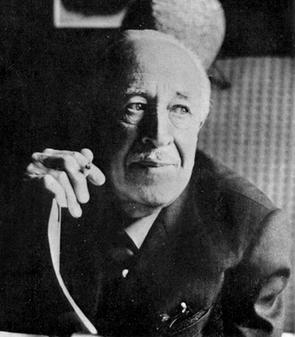Want to play better guitar?
It might seem odd, but you can play better guitar by thinking about movies. Let’s step away from music for a minute and consider the “Kuleshov Effect”:

This proved to Kuleshov that in cinema, it is the way images relate to each other that creates meaning—not the images themselves. This concept is one of the most important pillars of filmmaking. It is very natural for audiences to relate two sequential images to each other to create anything from an ideological meaning to even a comedic effect.
The same is concept is true for guitar playing!
The sound you create with your instrument is the vehicle that the idea- that is, the music- uses to communicate itself. When we listen to an instrument playing a melody, we don’t usually hear that as discrete notes. Instead, it’s almost as if we hear the syllables that make up “words” that are being strung together to form “phrases”. Different sounds of varying lengths and strengths pause, move either toward or or away from one another, and it is those relationships moving in time that make our hearts sing! We can think about music as if it was language – which just like film, it is. Rather than considering individual notes, how about considering how they relate to one another instead? Just as Kuleshov’s model seems to change his expression, the meaning of the notes we play is created by their relationships rather than the notes themselves.
Thinking about playing guitar differently than you have in the past needs to be practiced for sure, and that can be challenging. But look: the tiniest change in the way you think about anything can have profound effects in the way you understand it. Thinking about music “syllabically”- that is, as syllables that make up words that make up phrases might be be a brand new start for you. And that might just be the change that drives your playing to the next level! Looking to play better guitar? Me too, always!
Our first online lesson is always free! Let’s see if we are a good fit for one another. In-person lessons in my studio in Voorhees.


